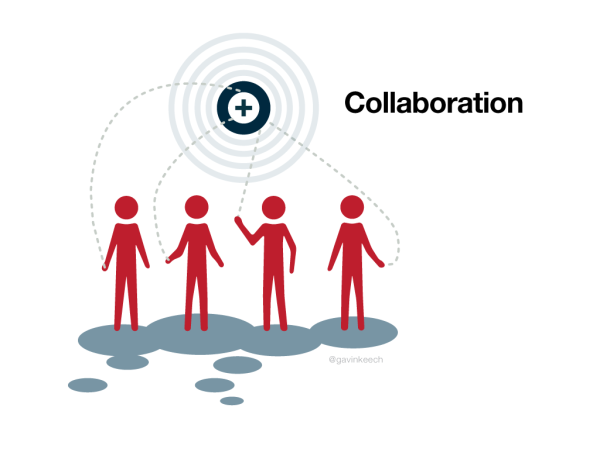
The world of marketing is undergoing a massive evolution, consider these three ideas shaping the future of the CMO.
1. Technology Transcendence
For kids today, technology is omnipresent. It’s just there, in everything they do. They are born digital natives. Technology is just a part of life (kinda like sliced bread is for us).
If you hold the highest marketing position in your company, it’s time you become a digital native too. Replace any fear of technology with the acceptance of it. It is no longer a separate “thing” to think about. It must be a part of your subconscious. You need to look through the technology lens and find all the ways it can help you.
2. The Collaborative Strategist
Did we really need the marketing automation software industry to be born to realize how important it is for marketing to be in lock step alignment with sales? One wouldn’t think so, yet it seems that it is the catalyst sparking more and more alignment conversations.
The CMO’s role is to open the door to collaboration and work together with your sales counterpart to determine the next best moves to optimize revenue growth.
3. An Open Point Of View
Working to control your marketing messages today is futile. It is no longer a battle that can be won. It’s time for the brand police to retire.
Changes to the way marketing messages are perceived and consumed have forced the need for a deeper understanding of consumption habits and an open approach to interacting and communicating with your customers. Consider the ease at which your message can be hijacked by consumers (think: BP Oilspill or Nestle), and you quickly realize why CMOs must relinquish control and be open.
How are you changing your view?
Jeremy Victor
